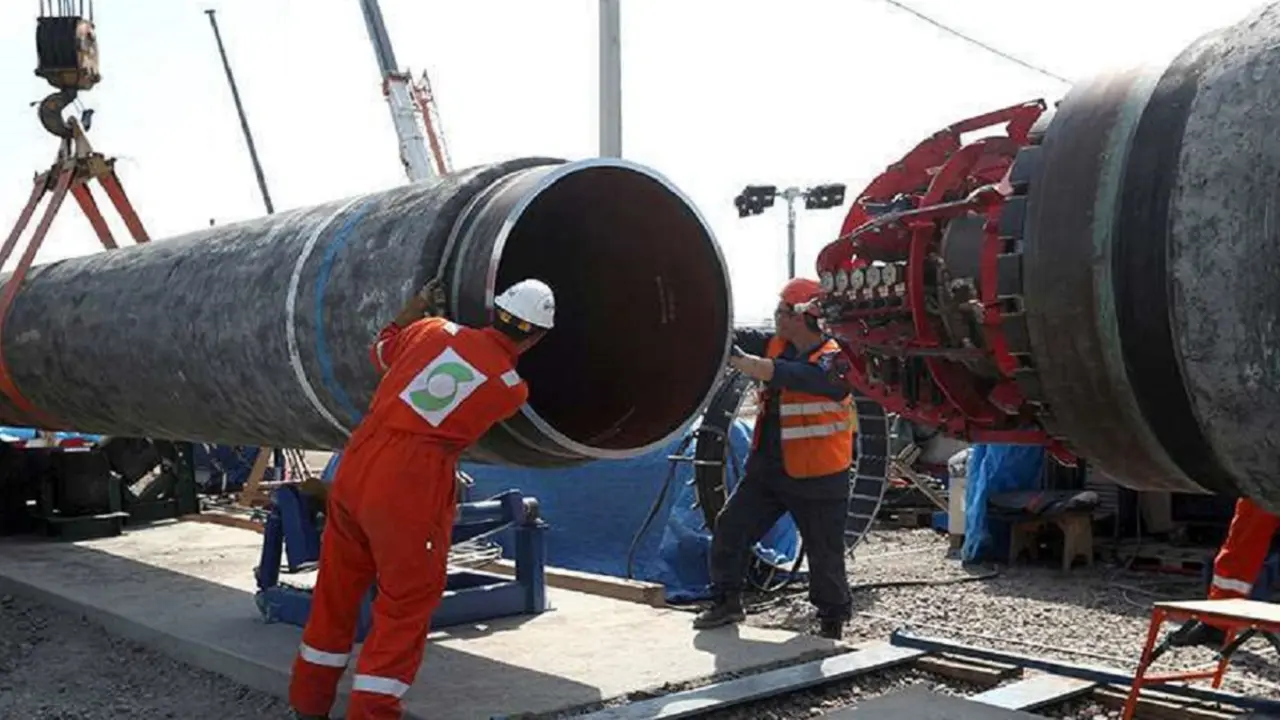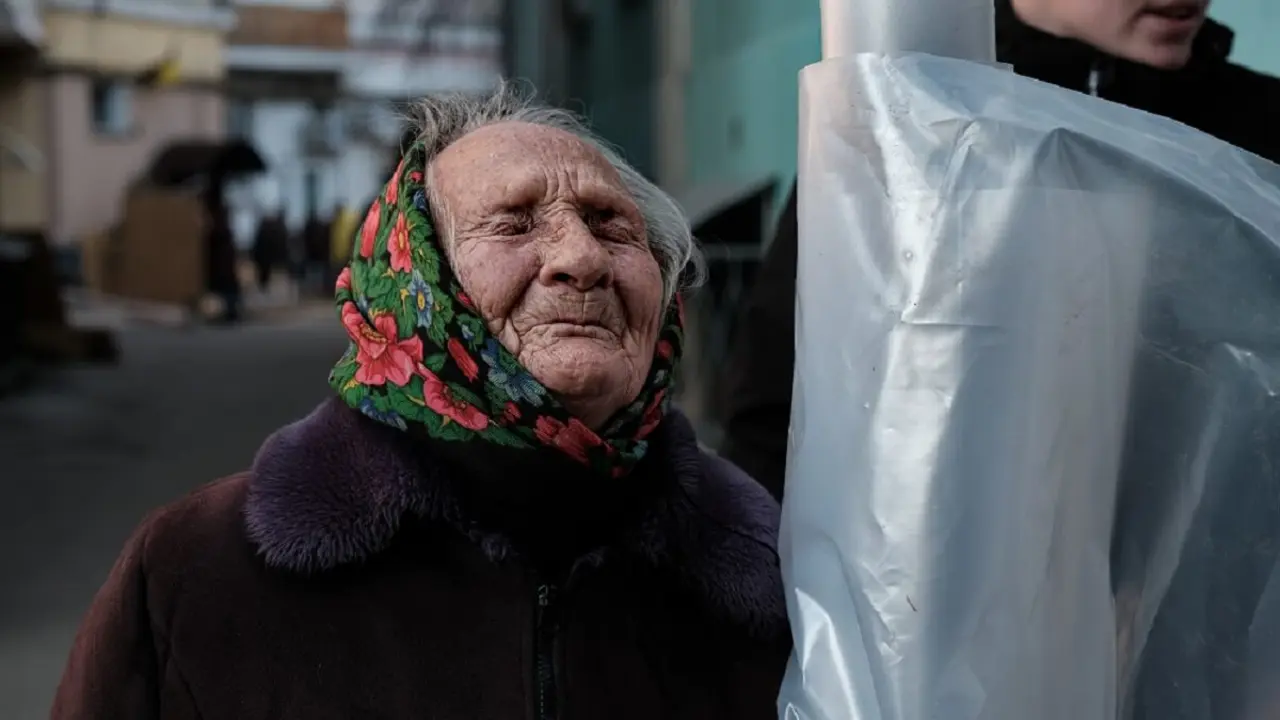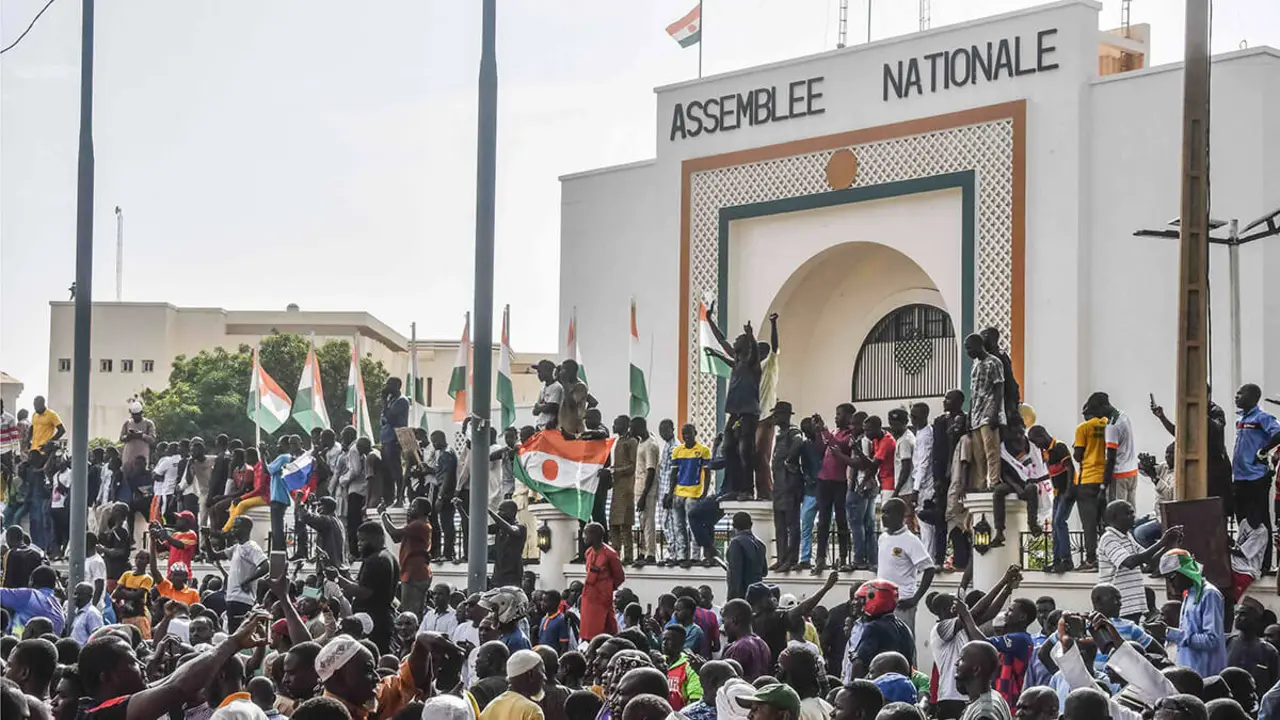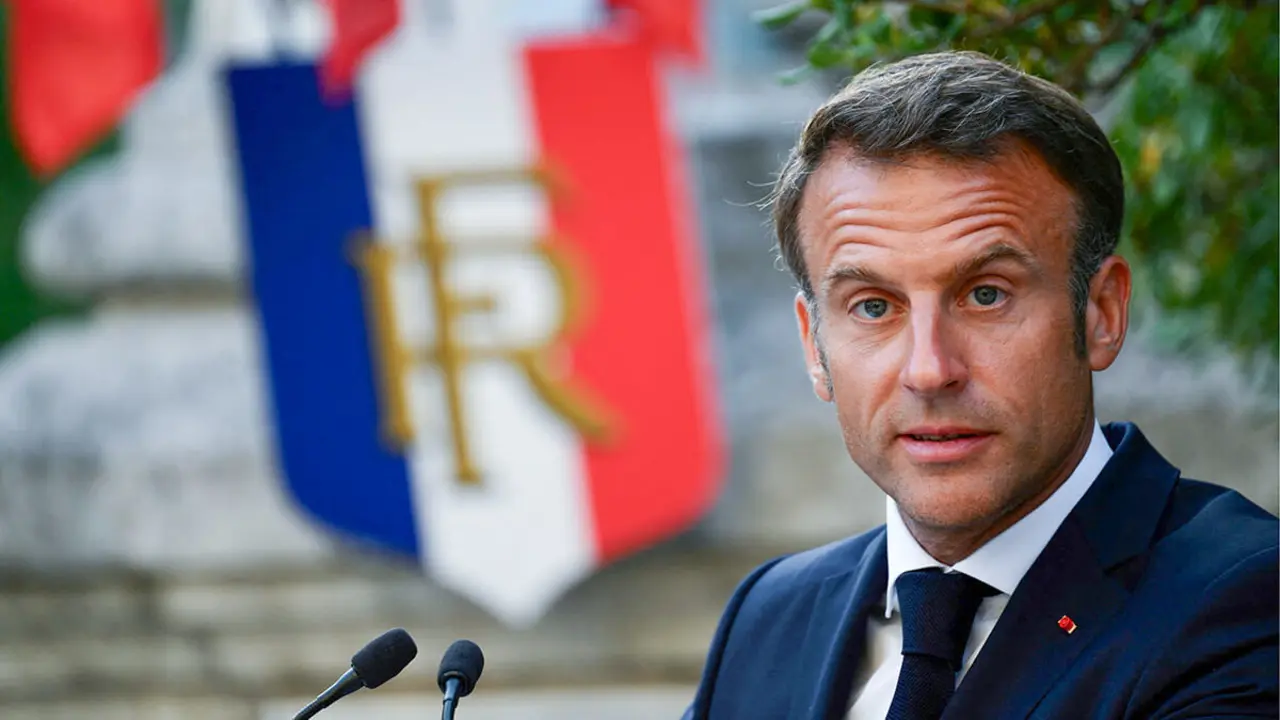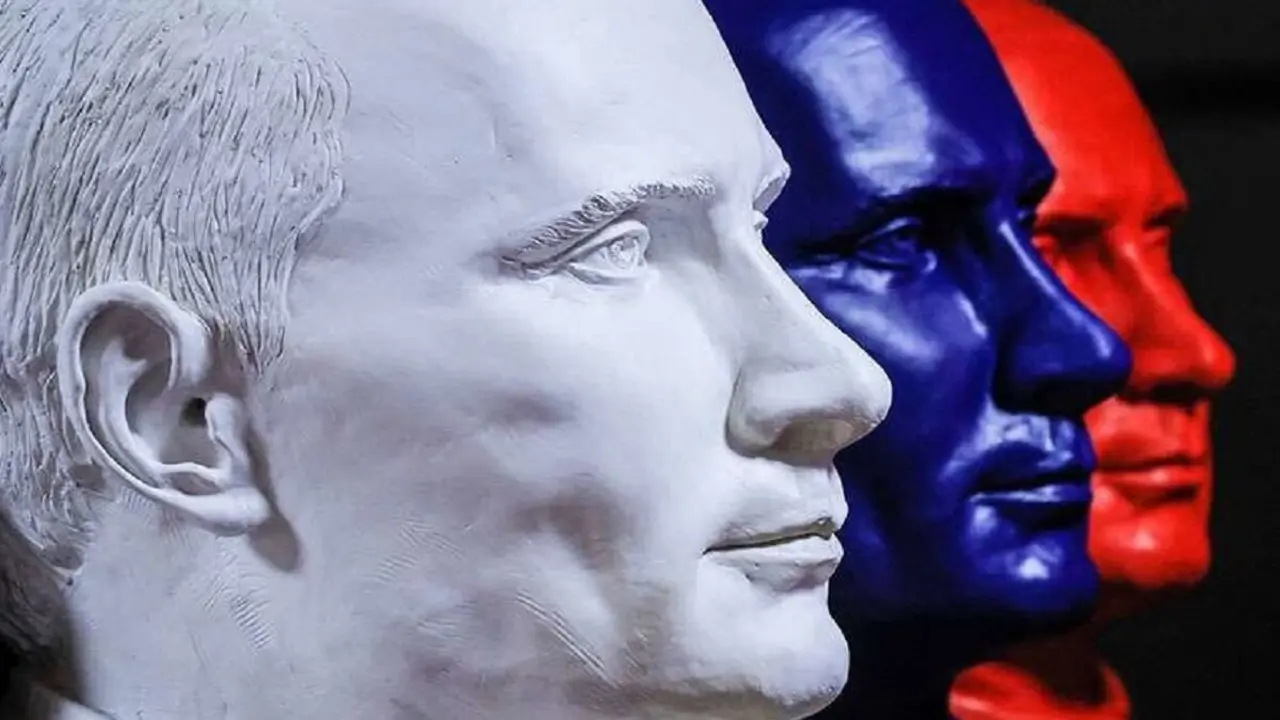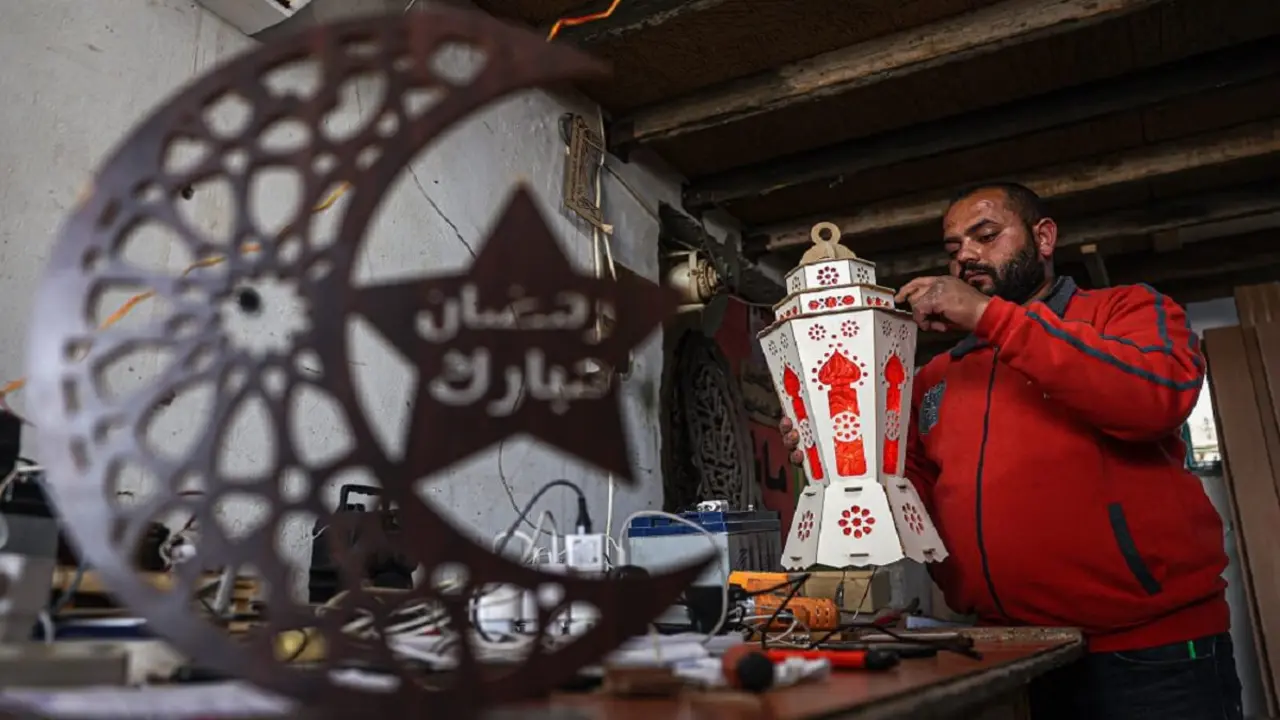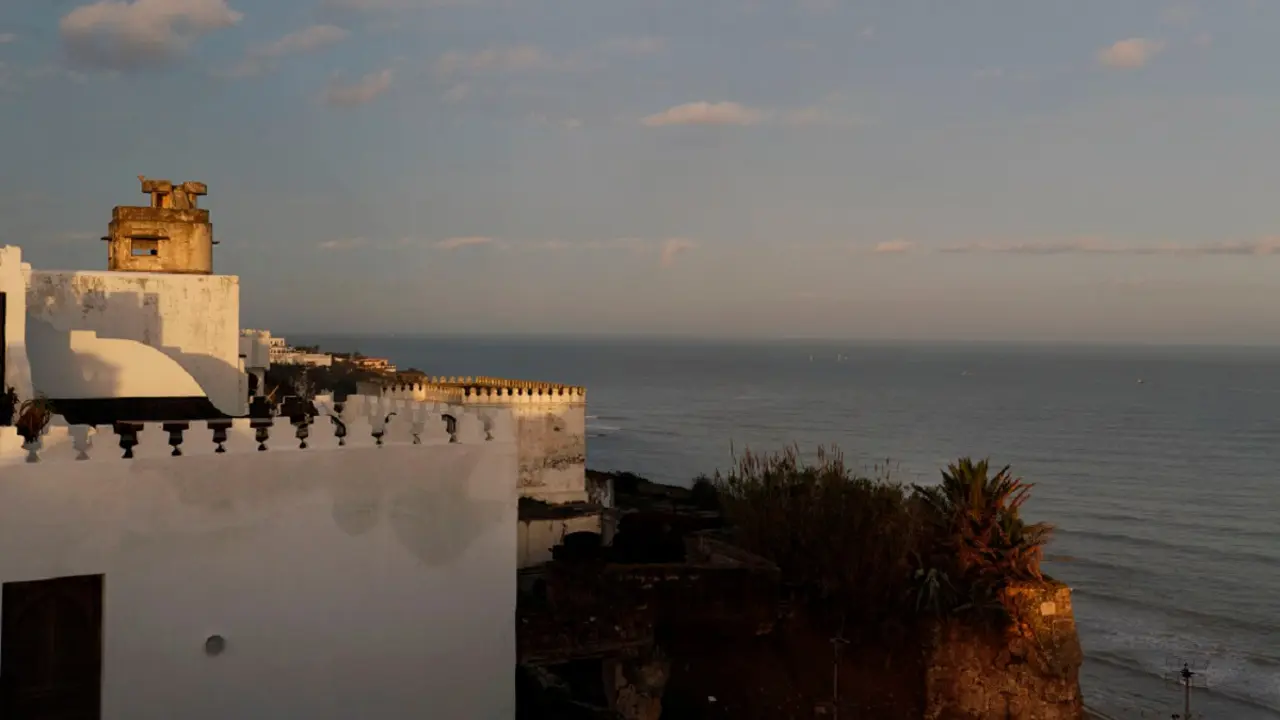Sudan, a key regional and international player

Several nations are trying to maintain and boost their presence in Sudan in different areas
Sudan is entering its third week of fighting between the army, led by Abdel Fattah al-Burhan, and the Rapid Support Forces (RSF), led by Mohamed Hamdan Dagalo, also known as Hemetti. The power struggle between the two formerly allied militaries has already resulted in the deaths of more than 500 people.
Despite the truces reached between the two sides, fighting continues in parts of the country such as the capital, Khartoum, and in the troubled Darfur region. As a result, the number of wounded and displaced people continues to rise. According to UN estimates, more than 800,000 people could become refugees in neighbouring countries during the fighting.
There is a lot of data coming out of Sudan with the escalation in violence, so we've created a map of verified content from @Cen4infoRes, @GeoConfirmed and satellite imagery, layered with data from @ACLEDINFO to keep #EyesOnSudan. https://t.co/8z9JhM2JqS pic.twitter.com/ZHIOnTOiTK
— Benjamin Strick (@BenDoBrown) May 4, 2023
This power struggle between Al-Burgan and Dagalo accentuates the political and social instability that Sudan has been experiencing for years. Following the overthrow of dictator Omar al-Bashir in 2019, the African country has been trying to develop a transition to democracy. This attempt to change the nation's course was cut short by a coup d'état in October 2021. This uprising - orchestrated and led by Al-Burhan - was directed against the transitional government led by former prime minister Abdalla Hamdok and led to the suspension of international funding to Sudan, increasing the humanitarian crisis.
After numerous protests that resulted in hundreds of deaths and injuries and years of economic and social instability, the African nation regained hope for change after the military and civilian elite agreed in late 2022 to begin a new democratic transition. However, before this framework agreement could be signed, tensions flared again, leading to the current clashes between Al-Burhan and Dagalo.

The fighting began after disagreements over how to integrate FAR into the army. Weeks earlier, Dagalo, then Al-Burhan's number two, had already criticised the military transition process, calling it "a mistake that has opened the door to a return of the old regime". Despite his criticism, Dagalo is in charge of FAR, a paramilitary militia created by Al-Bashir and accused of crimes against humanity during the Darfur war.
"Dagalo wants more power for the FAR because he considers it fundamental to the country's security. In response, Al-Burhan relocated these forces to different parts of the country, which Dagalo saw as a way to undermine the FAR's power", Soraya Aybar Laafou, political scientist and director of Africa Mundi, explains to Atalayar.

Since 15 April, the day hostilities began, the international community - especially neighbouring countries - has been pressing both sides to reach a permanent and lasting ceasefire.
Sudan's stability is important for regional stability. For this reason, neighbouring countries, such as Egypt, South Sudan and Chad, are stepping up efforts to bring about a dialogue between Al-Burhan and Dagalo that would restart talks, foster democratic transition and avoid regional spillover.

Among neighbouring countries, Cairo's role as a mediator should be highlighted, given the importance of what happens in Sudan for its stability. "Egypt is and will be one of the nations most affected by the conflict, both in humanitarian and political terms," says Laafou. For this reason, it is a major stakeholder in the stability of its neighbour. Laafou's view of the conflict highlights the good relations between the government of Abdel Fattah al-Sisi and al-Burhan, who trained as a military officer with Egyptian colleagues. "Al-Burhan has shown himself to be a reliable partner in recent years in his interests with the Grand Renaissance Dam," the political scientist recalls.
The Nile's precious water is crucial for Egypt, and another reason why it craves a cessation of fighting in Sudan. "The secure management of the Nile's water is crucial for the stability of the region. Egypt is 90% dependent on the river for its water supply," notes Christopher Tounsel, a professor of Sudanese history, in The Conversation.
On the other side is Libya, specifically the Libyan National Army (LNA), led by Marshal Khalifa Haftar. There are indications linking Dagalo's forces to the Libyan army, as well as alleged support for the LNA from Haftar, although Haftar's spokesman has strongly denied this.

Recently, CNN - based on satellite imagery - reported an "unusual increase" in activity at Wagner Group bases in Libya, suggesting support for Dagalo from both the Russian organisation and the LNA. In this regard, with regard to the relations between the LNA and Dagalo, Laafou recalls that around 30,000 members of the Sudanese military's forces fought for Marshal Haftar in Libya..
In addition to being a key regional player, Sudan is a country of great international interest due to its geographical location and natural resources. As a result, several nations are trying to maintain and boost their presence in the country in different areas.
The African nation is located in a key strategic but also unstable region. Between the Red Sea, the Sahel and the Horn of Africa, and bordering countries such as South Sudan, Libya and Somalia, several powers see Sudan as a key point to boost their influence and protect their economic interests.

"Approximately 12% of world trade passes through the Suez Canal and 10% through the Bab El-Mandeb. By 2050, the Red Sea region's GDP is expected to reach $6.1 trillion, while its trade volume will be around $4.7 trillion," political analyst Niranjan Marjani tells Atalayar. In addition to its privileged location, Sudan possesses valuable natural resources such as oil, natural gas, gold, iron, silver, copper, marble and gum Arabic. This natural wealth is also one of the reasons why the African nation attracts foreign powers such as Russia, China and Turkey.
"Often, countries rich in natural resources but with a weak system of governance end up becoming the scene of conflicts between powers. Sudan is one such example," says Marjani.

Relations between Moscow and Khartoum date back to the Al-Bashir regime. At that time, Russia was a key ally in dealing with Western sanctions against the dictatorship. Moscow also positioned itself as a key arms supplier to Khartoum. In 2019, the year of al-Bashir's overthrow, Sudan became the second largest buyer of Russian arms in Africa, surpassed only by Algeria.
While Al-Bashir relied on Moscow for his own benefits, the Kremlin pursued its main goal: to establish a naval base on the Red Sea. In 2017, the groundwork was laid for this. In the Russian capital, during a visit by al-Bashir, the two nations put on the table several military cooperation agreements that included the construction of the Russian base in Port Sudan that could house 300 military personnel, as well as nuclear-powered warships.

Two years later, however, his friendly regime would fall in the face of massive protests against a repressive regime of almost 30 years. Demonstrations where members of the Wagner Group played a key role in repressing citizens, according to the Russian research group CIT.
Despite the political changes in Sudan, Russian President Vladimir Putin has his sights set on this end, as it would allow him to gain influence in this important region. "Moscow has been a major arms supplier to sub-Saharan Africa, so a new naval base would open up a variety of military, geopolitical and economic possibilities," notes Nada Ahmed at the Carnegie Middle East Center.
However, Russia's plans were dashed under the transitional Hamdok government, which was close to the West. Under this executive, an agreement reached in 2017 between Sudan and Russia was suspended, according to Russian sources, due to "US pressure".

Following the Al-Burhan coup, Washington again intervened through its ambassador to Khartoum, John Godfrey, who noted that the establishment of a Russian base "would be detrimental to the country's interests". Godfrey also warned that such a decision would lead to the international isolation of the African nation. "Every country has the sovereign right to decide which other countries to associate with, but these choices have consequences, of course," he told the Sudanese newspaper Al-Tayar.
Despite US warnings, the Sudanese military government headed by Al-Burhan gave the go-ahead for the construction of the base, ratifying the agreement Russia reached with Al-Bashir. In return, the Russian military will provide the country with weapons and military equipment.
The military base on the Red Sea is not the only thing that interests Moscow. Sudan's rich and valuable natural resources are another juicy spot that keeps Russia's eye on the African nation, the continent's third largest gold producer. This is where Russia's Kremlin-linked Wagner Group comes in.
According to a CNN investigation, both Al-Burhan and Dagalo - now at loggerheads - have allowed Russia to mine gold in different parts of the country, which has bolstered the Russian economy in the midst of the war in Ukraine. In return, Moscow reportedly supported both militaries politically and militarily.

When it came to operating in Sudan's gold mines, Moscow reportedly delegated Wagner, who has been linked to Dagalo - owner of gold mines in northern Sudan - since he established himself in the country back in 2017. As it has done in Sudan, the paramilitary organisation created by Yevgeny Prigozhin is also present or has been present in countries such as the Central African Republic, Libya, Mozambique and Mali.
Following the outbreak of fighting between Al-Burhan and Dagalo, rumours have emerged about Wagner's possible support for the latter. According to Sudanese diplomatic sources quoted by CNN, the Russian group has been supplying missiles to the FAR, which has "significantly" strengthened Dagalo in his struggle for power in Sudan.
However, Russia does not want to bet on one side alone, as that would mean risking a loss of influence in the country. "Moscow's main goal is not to see one side or the other win the conflict, but rather to thwart a democratic transition, as an authoritarian government facilitates gold mining profits and the construction of a Russian naval base in Port Sudan," writes analyst Samuel Ramani in the Middle East Institute.

Laafou notes that one of the future scenarios of the conflict is that Dagalo takes control of the country with Wagner's support. However, this scenario seems unlikely given that the Russian group is currently focused on its offensive in Ukraine and its expansion in the Sahel. Moreover, according to the political scientist, "it would imply the internationalisation of the conflict, which would worsen the scenario".
Other scenarios being contemplated include an al-Burhan victory, a civil war, and the most desired scenario, a peace agreement between the two sides. However, Laafou stresses that it is "difficult" to make a prognosis. "We are in a rather convulsive region, any act of meddling or attack could change the narrative of the conflict," he adds.
Turkey, along with Qatar, was one of Al-Bashir's main allies. Recep Tayyip Erdogan's Islamist agenda coincided with that of the former Sudanese regime, with which he developed strong commercial and economic ties.
After the fall of al-Bashir, Ankara has sought to maintain good relations with the new Sudanese leadership in order to maintain its influence in the country. Turkey has therefore opted to boost bilateral trade, as well as humanitarian and development projects, investment, defence cooperation and diplomacy.

In this sense, it is necessary to highlight the soft power employed by the Turkish government in order to regain a presence in Sudan, a card that it also uses in other African countries. Through education or charitable organisations, Turkey tries to create a positive perception on the African continent in order to expand its influence and, in the case of Sudan, regain it.
For Ankara, Sudan's location is an important factor 'to increase its projection in North Africa', Marjani notes, adding that another of Erdogan's objectives is to 'counterbalance Arab countries such as Saudi Arabia, the United Arab Emirates and Egypt'.
"Turkey has always tried, even before Erdogan, to gain influence in Africa," notes Dr. Jihad Mashamoun, Sudanese researcher and political analyst on the Horn of Africa Affairs. "Under Erdogan, plans to expand its presence in Africa have increased, through humanitarian missions and later into trade and defence relations," he explains.
Another of Turkey's aims in the African nation is similar to that of Russia. Like Moscow, Ankara seeks to increase its military presence on the shores of the Red Sea, in this case in Suakin, south of Port Sudan. In 2017, Erdogan agreed with the authorities of the Al-Bashir regime to develop a port for military and civilian purposes in the city, something that alerted Arab countries such as Saudi Arabia and Egypt. Under the new rulers, Ankara has sought to revive this agreement in order to gain influence and power in the region.

Suakin has also attracted the interest of Qatar, which reached an agreement the following year, in 2018, to also develop the local port. "This reflected Qatar's ambition to also enter the Red Sea and was seen as an attempt to counter the UAE's extensive naval presence in the Horn of Africa," notes Nada Ahmed at the Carnegie Middle East Center.
China's interests in Sudan are based on Beijing's objectives as projected in the Belt and Road Initiative (BRI). Through this ambitious project, the Asian giant has increased its investments in Sudan, as well as bilateral trade, making Beijing Sudan's largest trade partner. More than 120 Chinese companies operate in Sudan, most of them focused on gold and oil exports. These companies, as well as the economic ties between the two countries, seem to remain untouched by the instability in the nation.

"Relations have not been affected by the political crises of 2019 and 2021. China has maintained cordial relations with all political factions in Sudan," Marjani stresses. However, Chinese interests could be threatened by the current conflict, in which Beijing has not yet taken sides and has presented itself as a neutral actor.
In addition to economic interests, China, like Russia, also wants to gain influence in countries where the US has interests. "This can be seen in Egypt and Saudi Arabia on the other side of the Red Sea," comments journalist Adam Lucente.
The Chinese military dispatched naval vessels to evacuate Chinese personnel in #Sudan. Chinese nationals line up for boarding the vessels, some hold Chinese national flag. This is the third time the Chinese navy takes the mission of evacuation of Chinese nationals overseas. pic.twitter.com/OuPxUGEYLb
— Qingqing_Chen (@qingqingparis) April 26, 2023
In addition to the aforementioned countries, others such as Saudi Arabia and the United Arab Emirates also have strategic and economic interests in Sudan. Both nations have increased their presence in Sudan through infrastructure and investment. On the other hand, Sudan is an important source of food for the Gulf. As Marjani stresses, 'any instability in Sudan directly affects the food security of the Gulf states', which import around 85% of their food needs.
Since fighting broke out in April, both the US and the EU have worked with partners in the region to try to push for a permanent ceasefire in Sudan. Neither the US nor European countries have publicly acknowledged their support for either side. "Neither the US nor the EU wants to show support for either side. Both come from a military regime that neither the US nor the EU supports per se," explains Laafou.

The West, on the other hand, supported the overthrow of Al-Bashir and the subsequent transitional government led by Hamdok, which received financial backing from international organisations such as the World Bank and the International Monetary Fund. Following the coup in 2021, both the United States and the European Union have supported and encouraged talks between the different factions with a view to establishing a transitional government that would facilitate the longed-for path towards democracy.
"I think Washington saw the removal of Al-Bashir as an opportunity to improve relations," says Lucente, who recalls that Sudan is of "renewed importance to the United States, as well as to Israel". In October 2020, with Washington as an intermediary, Sudan and Israel agreed to normalise relations, expanding on the Abraham Accords signed earlier with the United Arab Emirates and Bahrain. However, normalisation has not been fully implemented, "but could happen if political stability comes to Sudan".
This Saturday will mark three weeks since the fighting began and, despite the truce, continues in several parts of Sudan. With regard to the possible evolution of the conflict, the analyst Sami Hamdi sets out three possible scenarios: a victory of the army over the FAR, which, according to Hamdi, will open up "renegotiations on a transition that includes a greater number of civilian parties". Secondly, there is the possibility of mediation sponsored by the US and other countries in the region, such as the United Arab Emirates. And finally, the third - and least desirable - scenario is an expansion of the conflict that "threatens to rekindle separatist movements, uncontrolled influx of arms and bloodshed leading to further territorial division of Sudan".


